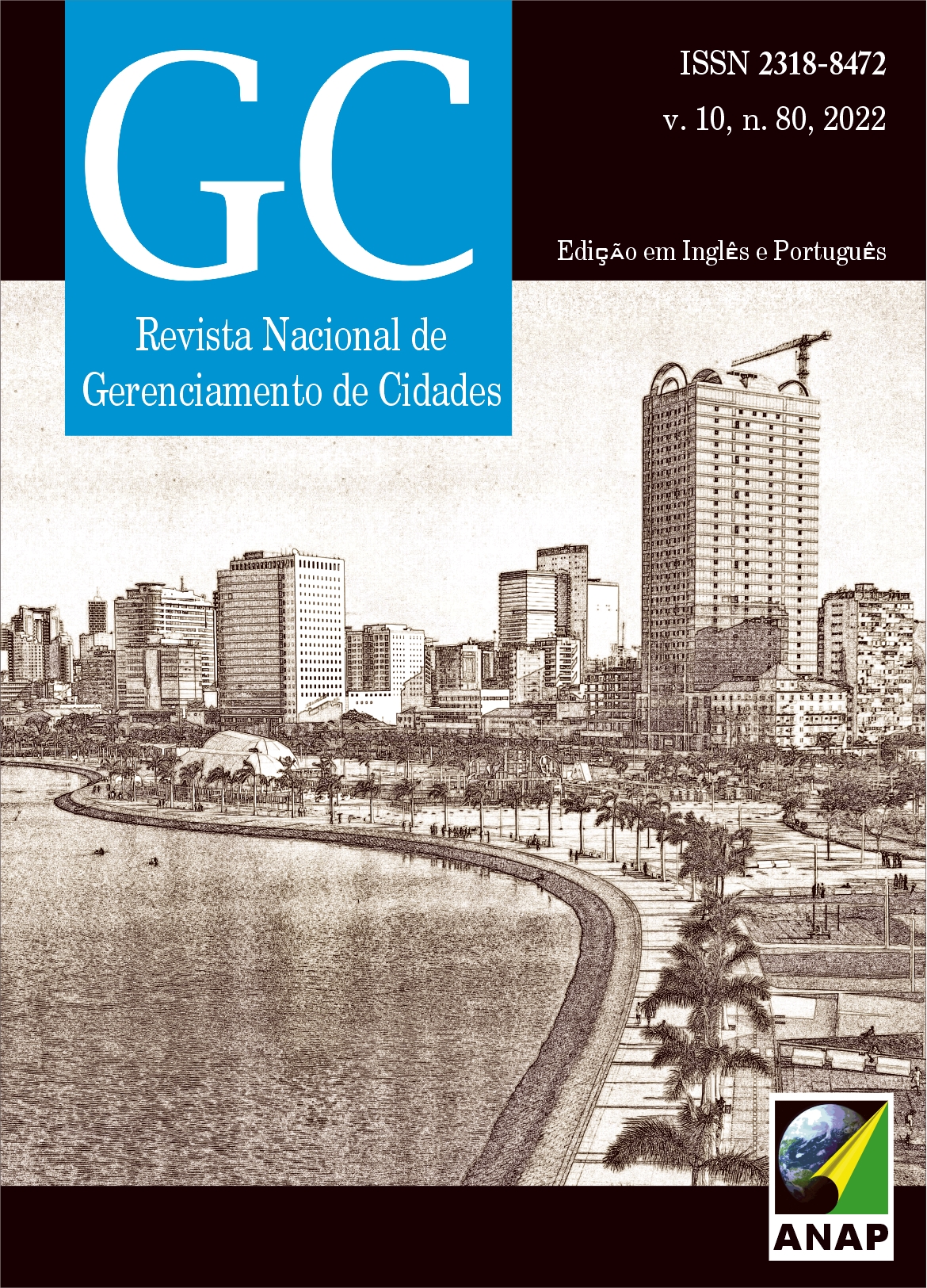Age-Friendly Cities: A Systematic Review
DOI:
https://doi.org/10.17271/23188472108020223348Palavras-chave:
Age-friendly cities. Elderly. Methods and techniques.Resumo
Population aging is one of the most significant demographic transformations of the 21st century, since aging brings about changes in the functional capacity of the human being. Over the years, the level of independence and autonomy for carrying out daily activities diminishes, and, thereby, the relationship of the elderly with the environment changes as the person ages, directly affecting the mobility and life quality of this population. In 2007, the World Health Organization (WHO) published the document "Global age-friendly cities: A guide", which presents some strategies for promoting active aging and for the place of residence of the elderly. It proposes that the city´s structure and the public policies directed towards this public shall be integrated with the community´s life. In order to understand how the concept of an age-friendly city has been applied to evaluate cities in different countries, a systematic review was carried out in the Scopus database, based on articles published between 2015 and 2021. The analysis of 38 articles has made it possible to identify that the study field of the quality of the urban environment for the elderly population is new, calling for deeper studies, which includes the development of more adequate methods for evaluating this profile in the cities. The articles analyzed deal with the concept in different ways, but one of the main similarities is related to the use of the method of data collection through interviews and, in spite of using the tool indicated in the document, none applied the methodology proposed by the WHO.
Downloads
Referências
Publicado
Edição
Seção
Licença

Este trabalho está licenciado sob uma licença Creative Commons Attribution-NonCommercial-ShareAlike 4.0 International License.















